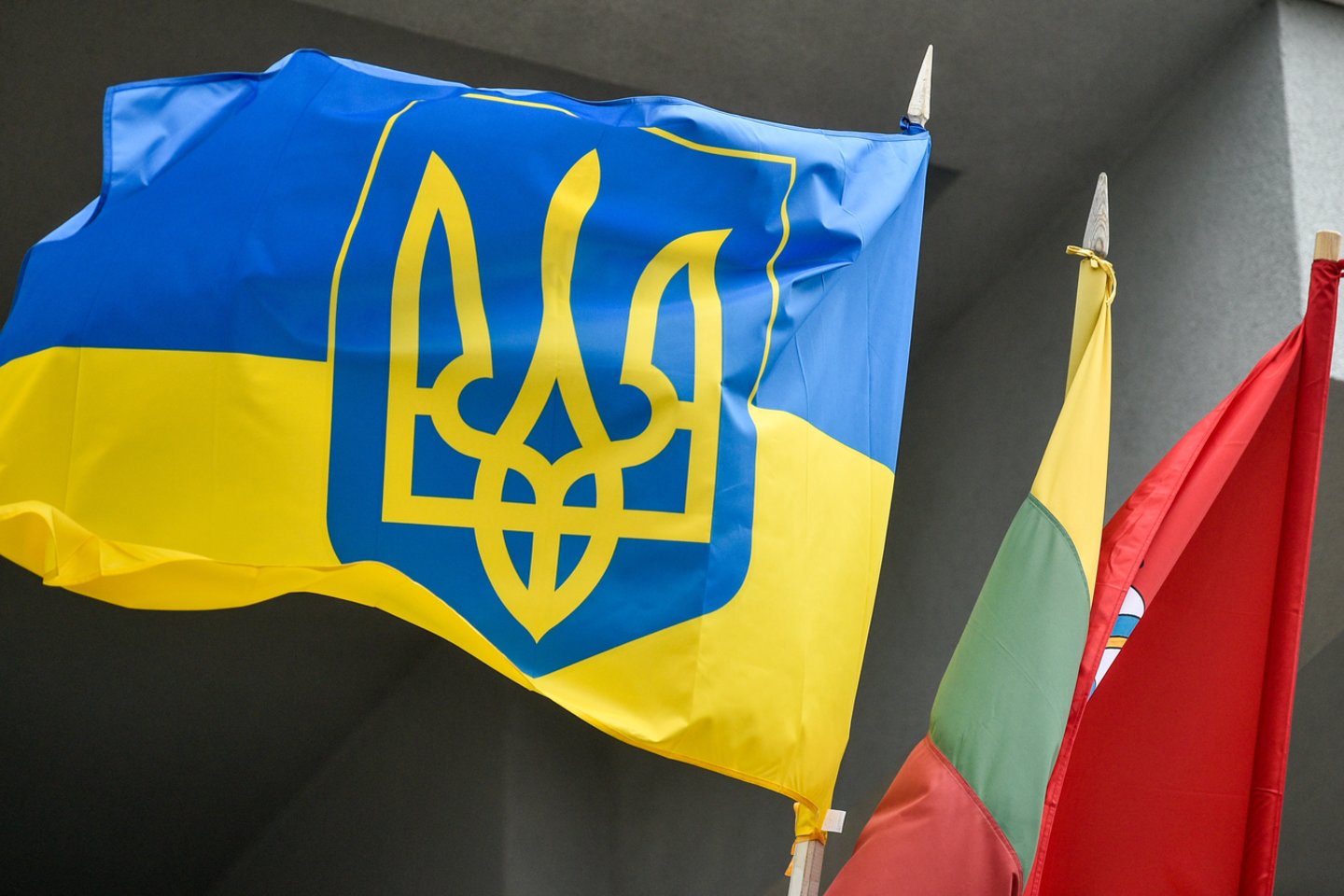„I saw the encirclement coming, and I shouted to get out, don't wait. People started to leave at their own risk, and my son went with the second caravan. I was in contact with the caravan. It was complicated because the Kadyrovis and the Russians took away their phones and SIM cards, but they let us through. They drove for five days. I knew there were problems with the petrol. I called the villages ahead and gave them the route. People helped, fed, let me spend the night, and told me how to avoid traffic jams and where the petrol was. We gathered all this information and passed it on to the other „caravans“ that followed,“ recalls Alexander.
Already in mid-March, thousands of cars started leaving Mariupol for Manhush and Zaporizhzhya at their own risk. Those without cars cycled or walked.
„We started looking for ways to help people. I was called into service into the European Funds. They promised buses, then cars. Finally, they helped us. We raised a sum of money to buy cars. First, we wanted to buy the cars in Poland, but there was a long customs procedure. It was cheaper, but there was no time to wait. Now we had to save our lives. Then we decided to buy cars in Zaporozhya, but again we failed. They wrote from Mariupol that they do not allow cars with Zaporizhzhya plates. You only need Donetsk or Luhansk licence plates. Well, there were problems with transfers. The permit was issued for three days. Each part of the city had its own crossing. The optimal solution was to buy two cars with DNR plates. And we made money. Moreover, we did not know how to start it or how to withdraw such sums. But God always helps. It turned out that people leaving Mariupol were afraid to take their money because it was taken away at checkpoints. So they left the money with their acquaintances. And we found the owners of the money. We suggested: let us give you the money in Europe and take the money you left in Mariupol. We took this amount. We had enough for two cars. And we spent a few thousand more on repairs. We bought the oil, wheels, and humanitarian aid. We started evacuating people.
According to Aleksandr Fyodorov, the Zaporizhzhya direction was constantly bombed. Therefore, it was safer to transport people from Russia to Estonia. From there, families were sent to Poland and Germany.
„At that time, this story of Ukrainians and Estonians had just begun. Everyone thought that people were going through Ukraine, but it turned out that a large part of them went there because it was safer.
We took them to Europe. The main route was the most optimal one by train because everyone was exhausted. We bought them tickets from Rostov or from Taganrog to St Petersburg. Then they were taken to Narva in Estonia. I was afraid to send people to these groups, but it turned out that there were ordinary people there. And they are still helping us“, says Alexander.
During this time, thousands of Ukrainians were taken out of the occupation, says Alexander. Later, the volunteers changed vehicles from the Rostov direction to the Zaporizhzhya direction.
„The route was. My volunteers took people to Berdiansk. There was a campsite there, a base. The volunteers would come from Zaporizhzhya and pick them up from Berdyansk. So we could make two journeys a day in two cars.
People were already being transported along this route until October when the rules on permits were tightened. Then, at the first checkpoint in the direction of Zaporizhzhya, volunteers were not allowed in.
„On 1 or 2 October, they tried to take people out and collected applications took people. But as it turned out, they already needed permits and asked for a car licence,“ says Alexander.
Another problem is that men with Mariupol licence plates can be mobilised in the occupied territory,“ says Alexander Fedorov. The volunteers, therefore, had to leave Mariupol temporarily.
„In Vasilyevka, they are already phoning and saying that the men have been taken to the military roll, and registration is underway. They don't take them into the army but register the data. They are registering them, as they say. And what are they doing this for? Naturally, because of the shortage of meat, they will disappear soon, so naturally, everybody is afraid,“ says Alexander.
Now they are looking for female drivers to continue evacuating people from Mariupol and other cities. Alexander Fyodorov says there is less risk for them. Meanwhile, applications from those who want to escape the occupation continue to be accepted. This means that many people for whom the war has ended have the chance to start their lives anew.
